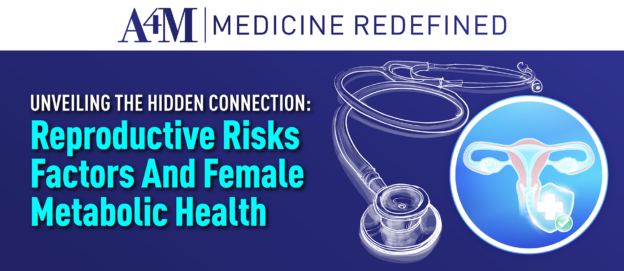Reporting live from Miami Beach, A4M is hosting hundreds of modern medicine’s leading game-changers this weekend at the March Symposium. We’re thrilled to be amongst such an inspiring crowd of renowned experts, pioneering researchers, and dedicated practitioners committed to elevating their knowledge, practice, and patient outcomes — a thriving community we are honored to be a part of.
This highly anticipated event marks the kickoff of A4M’s 2024 educational season — and it’s set to be groundbreaking. Featuring beloved returning programs and brand-new courses alike, the weekend’s diverse agenda empowers practitioners across every specialty and sector to level up their clinical toolkits and gain practical knowledge of emerging and in-demand therapeutic modalities.
From the best-selling BHRT Symposium to the inaugural iteration of State Of-Mind: A New Era in Psychedelic Medicine – a three-day immersive training in pioneering psychedelic-assisted therapies, transformative insights, and clinical pearls abound.
If you couldn’t join us this time, we want to ensure you don’t miss out on the wealth of cutting-edge learning taking place. Since we cannot teleport you to the Loews Miami Beach Hotel — although we wish we could — our on-site team has been sharing real-time updates for us to relay. Discover some key takeaways and event highlights from all the offerings on the agenda.
Continue reading →



